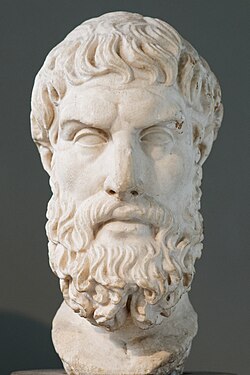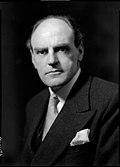History

During classical antiquity, the Epicureans assumed disengagement from the life of the city as a doctrinal position. Seeking pleasure in the absence of suffering for the body and trouble for the soul, they saw political activity as a source of unnecessary stress that would not lead to these ends. [5] However, they were not strictly apolitical and participated when political activity would bring them pleasure or aid in the avoidance of their suffering. [6]
Christianity
The Protestant Anabaptists adopted apolitical beliefs and practices: Anabaptist radicalism resulted in a sharp separation of Christian communities from the state. [7] With the progression of time, peace church traditions and evangelical social reformism have led to greater engagement.[ citation needed ] More ascetic traditions have tended to adopt a minimalistic approach to political engagement, personal salvation and church mission being preoccupations instead.[ citation needed ]






